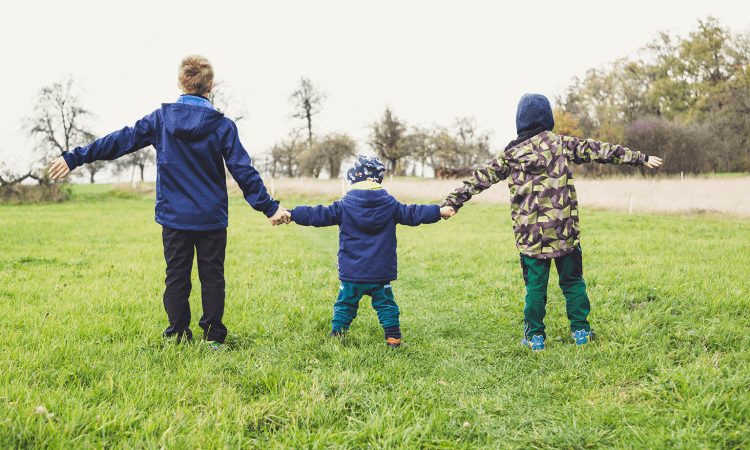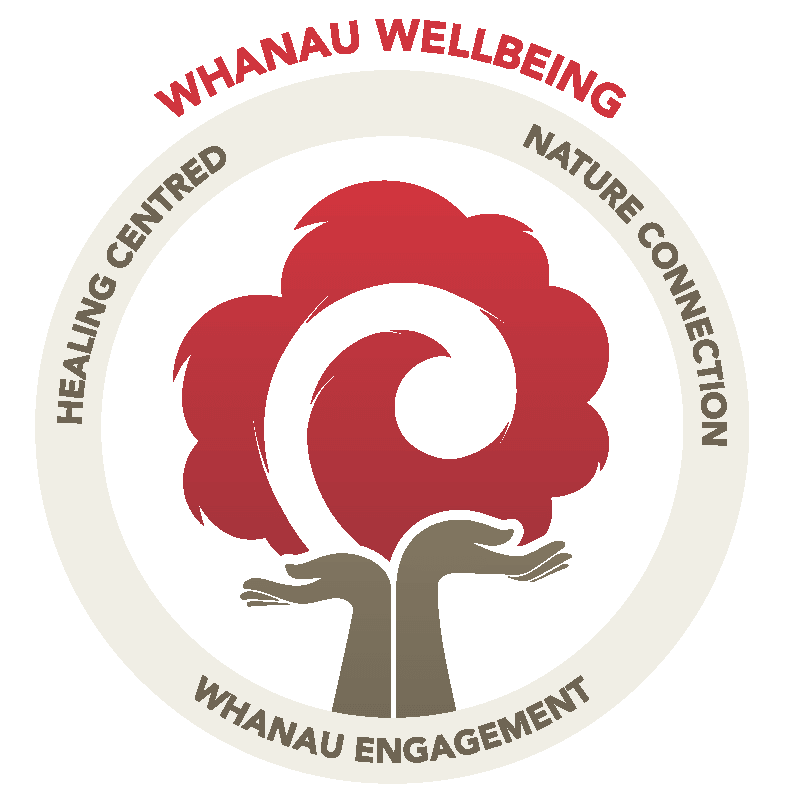
Here at Lifewise, our approach to early childhood education (ECE) is constantly evolving. We nurture tamariki in all four of our Auckland ECE centres, and we keep our eyes and ears open to observe what positive changes can be enacted through proper education practices early in life.
We know that the early stages of life are critical when it comes to kids’ development. By providing a solid and safe environment where children can grow, we can help kids improve their lives in the future. This is especially true for any kids experiencing trauma and adversity.
Over our years running these centres, we’ve seen children grow to resolve their own conflicts and issues healthily, break toxic cycles of behaviour, learn to respond well to love or affection, and even help other children on their own paths to doing the same. We believe that a solid early childhood education founded on the right practices is key to healthy development.
To discover more about our observations and the ways we run our ECE centres, read on for a full breakdown.
How our healing-centred approach began
Over the years, the Lifewise staff have noticed that standard ECE practices just weren’t cutting it for kids facing adverse circumstances. Whether that was trauma, abuse, unstable financial circumstances, or myriad other difficult childhood factors, children will alter their behaviour to survive. At all four of our centres, our staff noticed:
- Intense aggressive or emotional responses to outwardly small matters
- Daily outbursts of extreme anger or sadness
- Very limited ability to self-regulate, self-soothe, or hold back
- Inability to differentiate how to treat different adults i.e. treating all adults with intense affection or suspicion
- Issues with food security, shown through food hoarding, taking food from other children, or overeating at shared kai times
These, among other behaviours, signalled that a traditional approach to early childhood education simply wasn’t working. So, we adapted.
How we changed
Moving forward, we centred children as the priority, giving them the time, attention, and respect that some of us only gain when we reach adulthood. Furthermore, we worked on presenting a calm and reliable presence, offering consistent reactions to children’s behaviours, and implementing consistent self-care practices for both staff and children. In other words, we embraced whanaungatanga (close connection between people; kinship).
From there, we implemented three pillars of practice to ensure our ECEs are always providing a safe space for children to grow.

Our ECE Pillars of Practice
Our ECEs are a key part of Lifewise’s child services branch. Our goal is to support you and your child by gaining a full understanding of your family’s needs. Whether you’re experiencing a separation, a difficult period of instability, or you simply want to be sure your children are developing well, we can find the care and education that works for your child.
You can be sure you’re leaving your child in safe hands, thanks to our three pillars of practice (all centred around Whanau Wellbeing).
Healing-Centred
Trauma has negative impacts on a developing brain, no matter what form it takes. Our staff are trained to work in a way that centres healing, helping counteract the ongoing effects of trauma in children.
This pillar integrates:
- Kindness and optimism
- Transparency and authenticity
- Resilience
- Safety
- Presence
- Relationship and empathy
Nature Connection
The pedagogy of nature is strongly emphasised in our ECE centres because we believe that Kaitiakitanga (stewardship or care for nature) teaches children to connect with the natural world. It nurtures their Taha Papatūānuku (Earth Mother connection), positively influencing their wellbeing.
In this pillar, we centre:
- Taha Papatūānuku
- Learning through nature, diet, and sensory risk-taking
- Thriving in the environment
- Groundedness in nature
Whānau Engagement
Finally, our third pillar centres around engaging the whānau. We meet families where they are, helping build relationships and encouraging the empowerment of individuals within the whānau to facilitate growth. This provides a stable ground for both the kids and the rest of the family.
This looks like:
- Starting where people are
- Empowerment, voice, and choice
- Collaboration and mutuality
- Removing barriers
- Linking families with support
- Taking time to build relationships of trust
For more information on our approach to Early Childhood Education, please download our Model of Practice.
Reach out to Lifewise about enrolling your child today.
If you’re interested in enrolling your child in one of our ECE centres, please use this online form to register your interest. If you decide our centre is not right for you down the line, there is no obligation to enrol your child.
Of course, if you have any questions about our ECE centres or any other services centred around solutions to homelessness, our friendly team is always available. We hope to talk to you soon!

